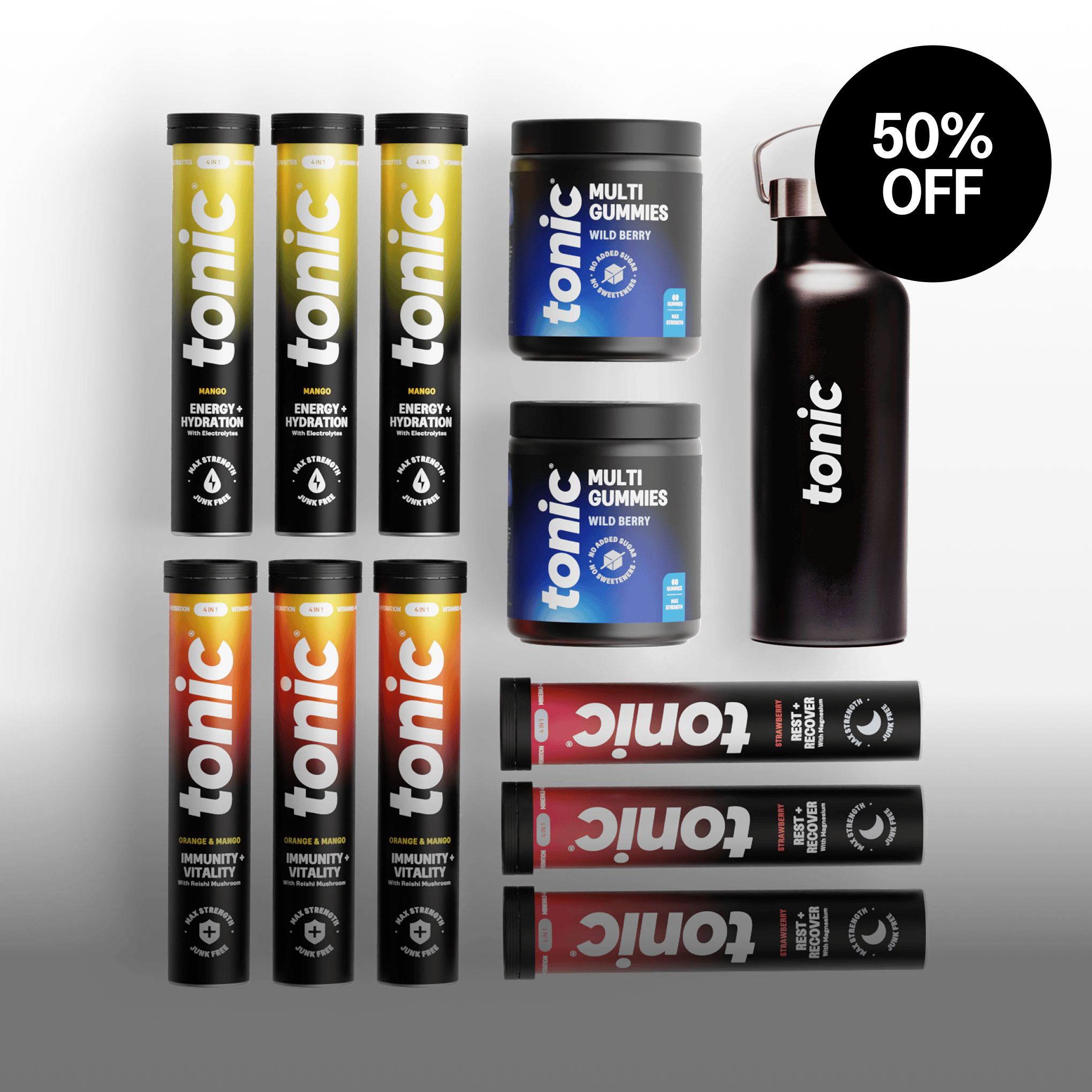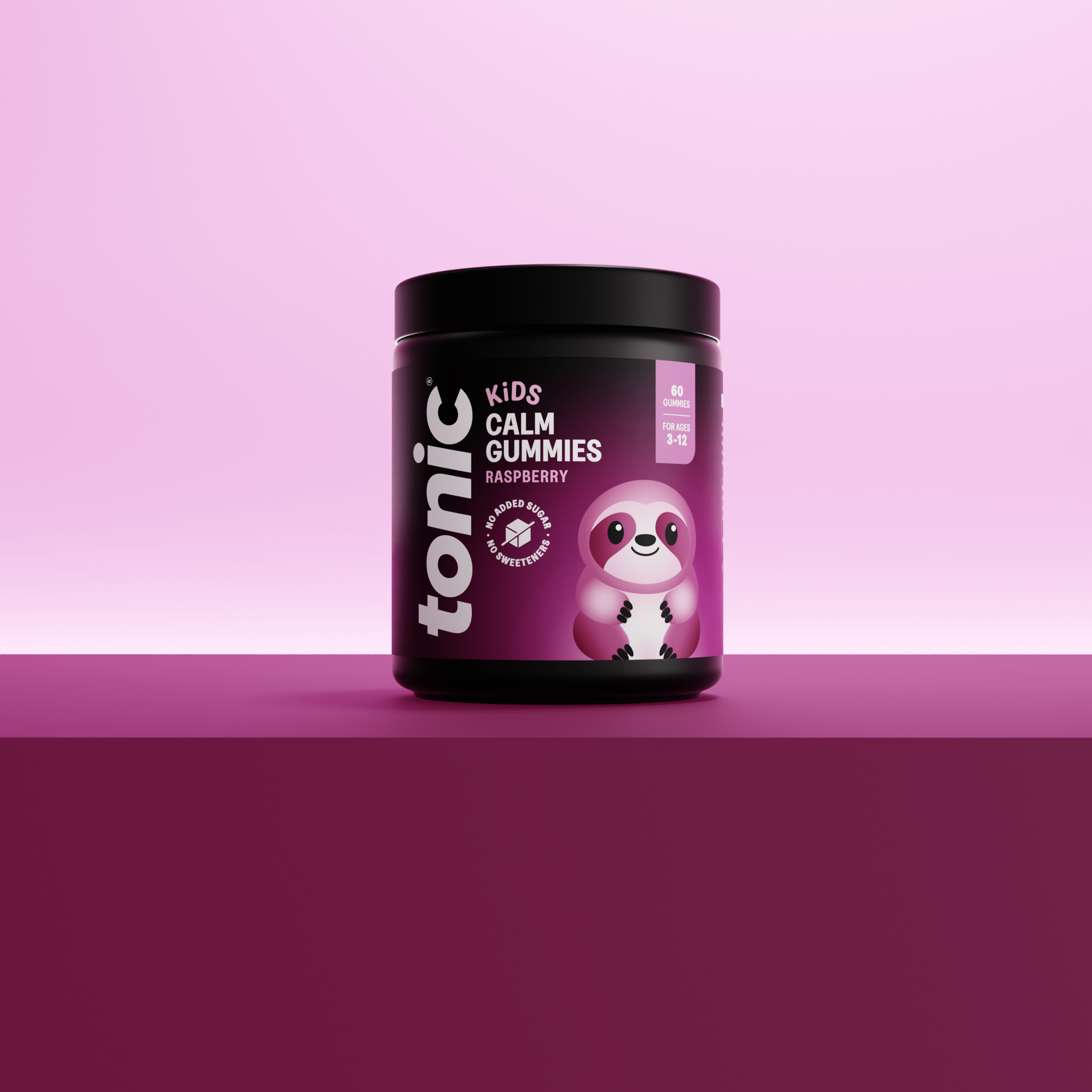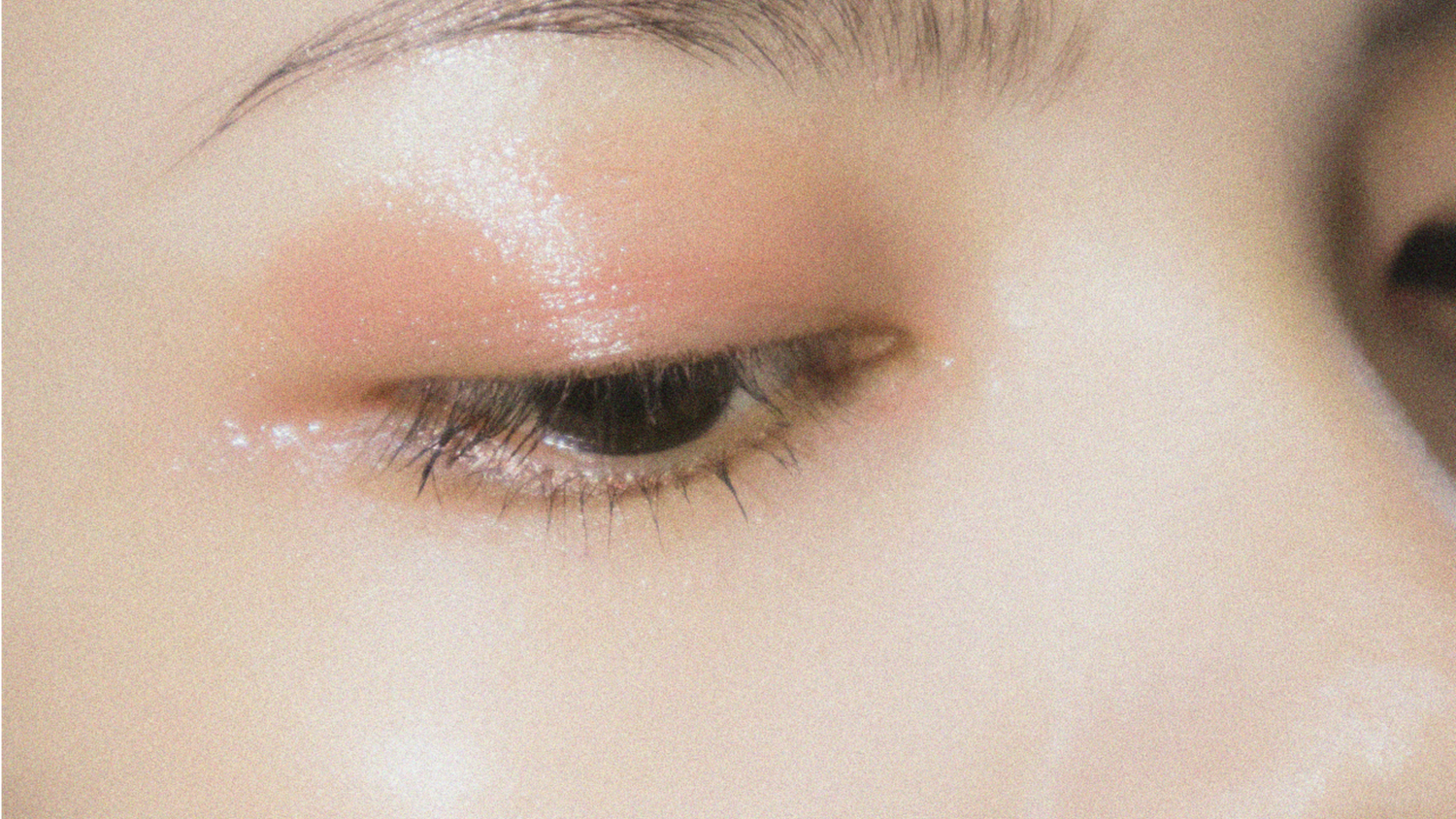It’s well-known that the skin is the body’s biggest organ – and of course, it’s also the most visible. Unsurprisingly, then, the skin is one of the first places where signs are often seen of what may be more serious underlying health problems – or even just the need to alter one’s lifestyle.
Whether it’s the cosmetic effects of certain skin symptoms that most initially bother you, or you’re more anxious to ensure they aren’t an indicator of a deeper medical condition, it helps to know what particular skin issues actually mean.
So, we thought we’d look at some of the classic skin issues, along with what they indicate and what courses of action you might be advised to take.
Dryness
Skin complaints don’t come much more common than dryness, which affects people of all ages and can be an issue pretty much anywhere around the body – including the face, hands, stomach and legs.
Dryness may leave your skin reddened, flaky and itchy, but the good news is that it’s not normally an indicator of a serious underlying health condition. A lack of moisture in the skin can still be very frustrating, though – so what causes this and what can you do about it?
Instead of simply piling on moisturiser, it’s worth considering the wide range of things that can result in skin becoming dehydrated in the first place.
External factors such as certain soaps, fragrances and overly zealous hand-washing – the latter a particularly pertinent factor during the COVID-19 pandemic – can lead to skin dryness. Genetics and ageing can also contribute to the problem.
Dullness
Unfortunately, dry skin can also often be dull-looking skin – so, many of the same factors we cited above also apply here. What do we mean by ‘dull’ skin? We mean skin that lacks that radiant glow of health we all want – skin that looks lacklustre, or maybe even grey.
Again, one factor that you definitely can’t control – ageing – can contribute to the skin looking duller over time, as your skin’s renewal of its surface cells slows down with the passing of the years. That could leave you with excess dead cells on the skin surface, hiding the skin’s natural tone.
Fortunately, there are definitely things you can do to help restore a healthy-looking complexion. Those include practising stress reduction techniques – yes, the effects of those day-to-day worries can show up on your face – as well as making sure you drink plenty of water and get enough sleep.
Oiliness
We all have oil in our skin, although some of us seem to have especially oily skin. You’ve guessed it – genetics plays a role, with oily skin being likelier for you if one of your parents also had it.
Oiliness is crucial for keeping skin hydrated and healthy – the oil in question being produced by the sebaceous glands under your pores.
It’s therefore not desirable or advisable to try to “get rid of” oily skin. However, there are certain things you can do to help make your skin look less constantly shiny.
It’s important, for example, to not overdo your skincare routine by exfoliating or washing your face too frequently. This could strip away so much oil from your skin that your sebaceous glands enter ‘emergency mode’, producing even more oil to compensate.
Simply washing your skin twice a day, then, will be sufficient for preventing excess oil. Particularly oily skin can also be associated with enlarged pores, which you unfortunately can’t shrink. You can, though, use blotting paper on areas with large pores to lift away excess oil throughout the day.
The role of diet and exercise
It’s also worth noting that your diet can make a significant difference to your skin health. Nutrients thought to be especially beneficial for the skin include vitamins A, C and E, in addition to other antioxidants and essential fatty acids.
So, be sure to consume plenty of good dietary sources of these nutrients, such as carrots, sweet potatoes, citrus fruits, almonds, salmon and berries, perhaps supported with a regular high dose vitamin drink.
Finally, regular exercise can also be invaluable for helping to deliver oxygen and nutrients to the skin and contributing to the restoration of that healthy ‘glow’. But remember before working out outside to apply sunscreen! After all, you won’t want to inadvertently undo the great benefits that putting yourself through your physical paces can have for the look and feel of your skin.
Other sources:
https://www.everydayhealth.com/beauty-pictures/7-surprising-causes-of-dry-skin.aspx
https://www.medicalnewstoday.com/articles/321090
https://www.foreo.com/mysa/what-does-dull-skin-look-like/
https://www.foreo.com/mysa/heres-ditch-dull-skin-regain-glow/







Leave a comment
All comments are moderated before being published.
This site is protected by hCaptcha and the hCaptcha Privacy Policy and Terms of Service apply.